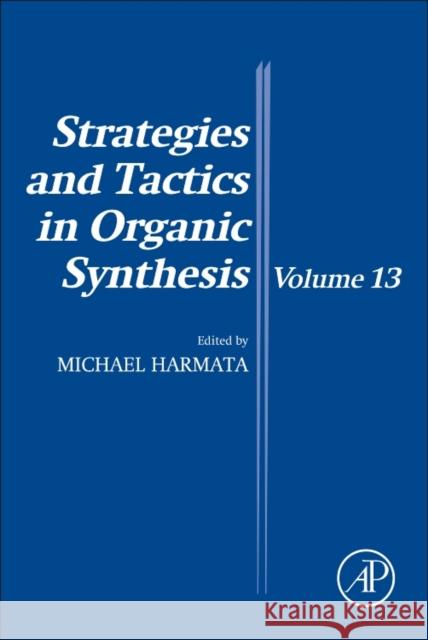Strategies and Tactics in Organic Synthesis: Volume 13 » książka
topmenu
Strategies and Tactics in Organic Synthesis: Volume 13
ISBN-13: 9780128117903 / Angielski / Miękka / 2017 / 264 str.
Strategies and Tactics in Organic Synthesis: Volume 13
ISBN-13: 9780128117903 / Angielski / Miękka / 2017 / 264 str.
cena 937,25 zł
(netto: 892,62 VAT: 5%)
Najniższa cena z 30 dni: 906,73 zł
(netto: 892,62 VAT: 5%)
Najniższa cena z 30 dni: 906,73 zł
Termin realizacji zamówienia:
ok. 18-20 dni roboczych.
ok. 18-20 dni roboczych.
Darmowa dostawa!
Kategorie:
Kategorie BISAC:
Wydawca:
Strategies and Tactics in Organic Synthesis
Język:
Angielski
ISBN-13:
9780128117903
Rok wydania:
2017
Ilość stron:
264
Waga:
0.43 kg
Oprawa:
Miękka











